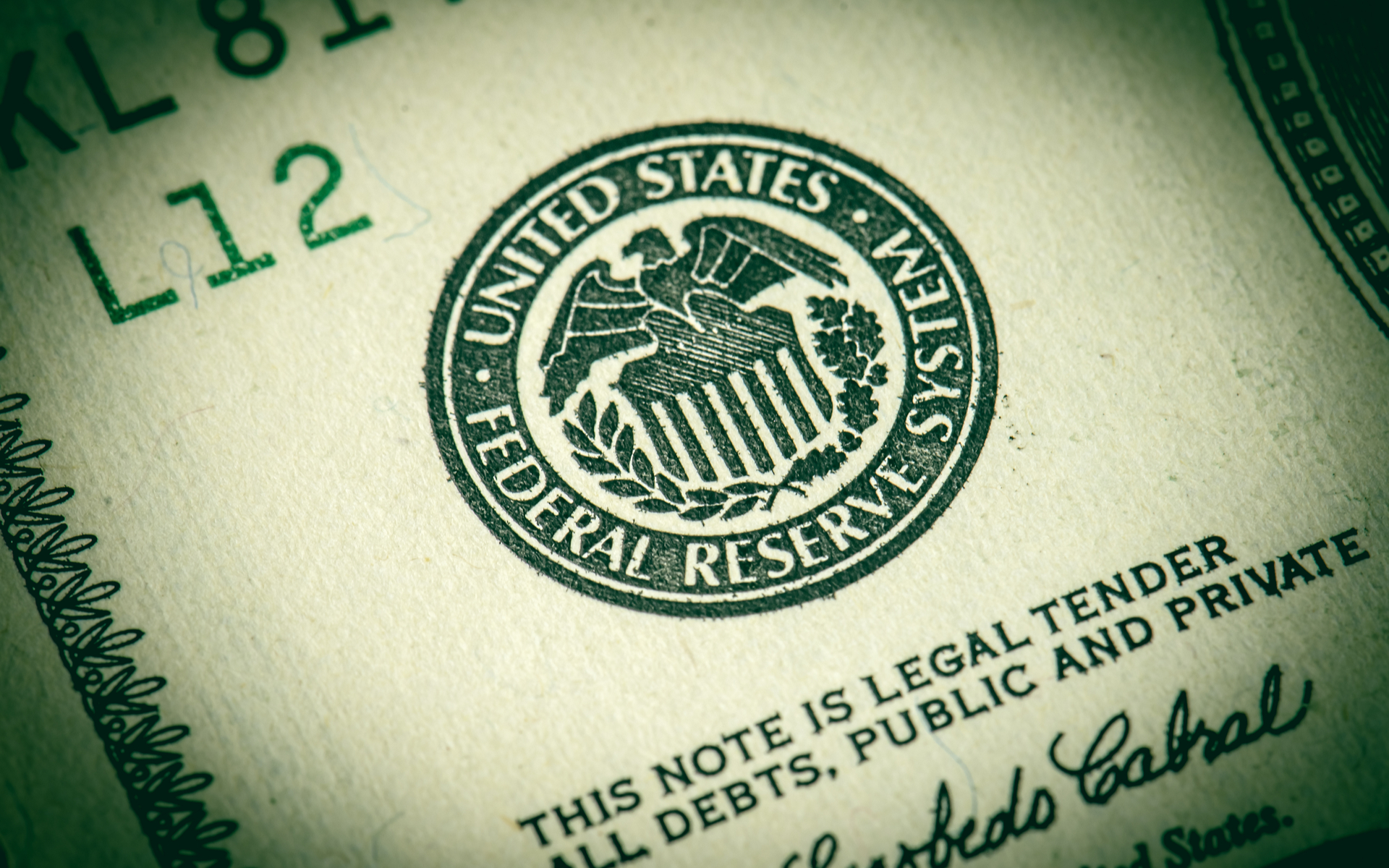PALO ALTO, Calif. (Reuters) - The Federal Reserve is taking a look at a broad range of issues around digital payments and currencies, consisting of policy, style and legal considerations around potentially releasing its own digital currency, Governor Lael Brainard said on Wednesday. Brainard's remarks suggest more openness to the possibility of a Fed-issued digital coin Continue reading than in the past." By changing payments, digitalization has the prospective to provide higher worth and convenience at lower cost," Brainard said at a conference on payments at the Stanford Graduate School of Organization.
Reserve banks internationally are disputing how to handle digital financing technology and the distributed journal systems utilized by bitcoin, which promises near-instantaneous payment at possibly low cost. The Fed is establishing its own day-and-night real-time payments and settlement service and is currently evaluating 200 remark letters submitted late last year about the proposed service's design and scope, Brainard stated.
Less than 2 years ago Brainard informed a conference in San Francisco that there is "no compelling showed requirement" for such a coin. However that was before the scope of Facebook's digital currency aspirations were commonly known. Fed authorities, including Brainard, have actually raised concerns about consumer protections and data and privacy threats that might be positioned by a currency that could enter usage by the 3rd of the world's population that have Facebook accounts.

" We are teaming up with other main banks as we advance our understanding of reserve bank digital currencies," she said. With more nations checking out issuing Additional resources their own digital currencies, Brainard stated, that Click here for more info adds to "a set of reasons to also be making sure that we are that frontier of both research and policy advancement." In the United States, Brainard said, problems that need research study include whether a digital currency would make the payments system more secure or simpler, and whether it might pose financial stability risks, including the possibility of bank runs if cash can be turned "with a single swipe" into the main bank's digital currency.
To counter the monetary damage from America's extraordinary national lockdown, the Federal Reserve has taken unmatched steps, consisting of flooding the economy with dollars and investing directly fedcoin vs bitcoin in the economy. Most of these relocations received grudging approval even from many Fed skeptics, as they saw this stimulus as required and something just the Fed could do.
My new CEI report, "Government-Run Payment Systems Are Risky https://tfsites.blob.core.windows.net at Any Speed: The Case Against Fedcoin and FedNow," information the dangers of the Fed's current prepare for its FedNow real-time payment system, and propositions for main bank-issued cryptocurrency that have been dubbed Fedcoin or the "digital dollar." In my report, I discuss issues about privacy, data security, currency control, and crowding out private-sector competition and innovation.
Proponents of FedNow and Fedcoin say the federal government needs to create a system for payments to deposit instantly, rather than motivate such systems in the economic sector by lifting regulatory barriers. But as noted in the paper, the personal sector is supplying an apparently limitless supply of payment innovations and digital currencies to fix the problemto the extent it is a problemof the time space between when a payment is sent out and when it is received in a savings account.
And the examples of private-sector innovation in this location are many. The Cleaning Home, a bank-held cooperative that has actually been routing interbank payments in different kinds for more than 150 years, has been clearing real-time payments given that 2017. By the end of 2018 it was covering 50 percent of the deposit base in the U.S.